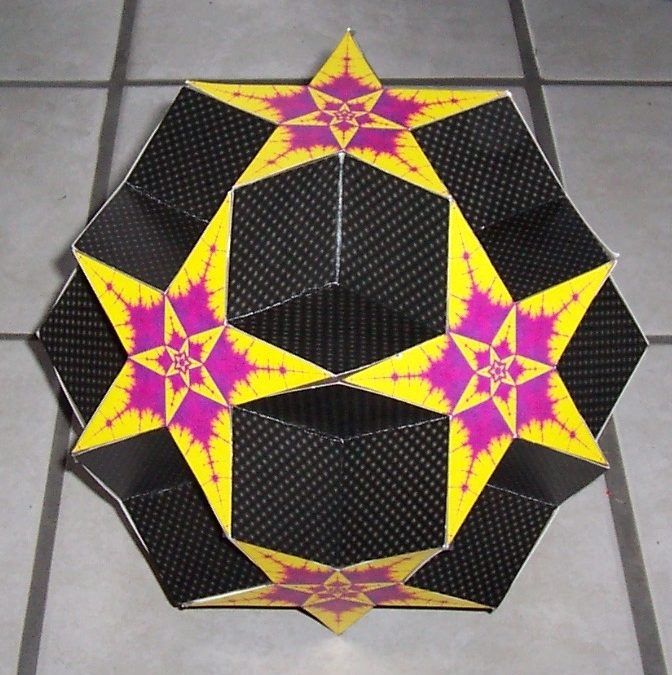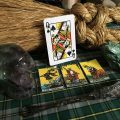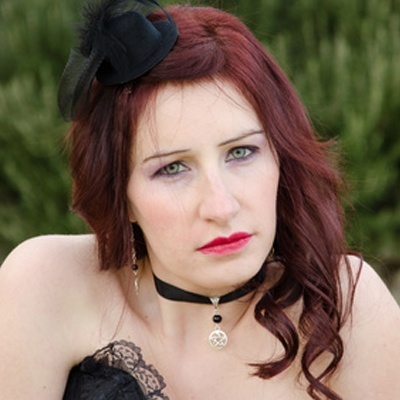Table of Contents
How to learn magic? Magic is often regarded as a violation of everything science stands for: there is no physical law that binds magic. Where science prevails, magic must fail; where magic prevails, science must fail. They are irrevocable opposites. How to learn magic? Magic is often looked at with doubt and suspicion, and most of the time, it is regarded as evil. There’s a reason that the Salem Witch Trials gained as much traction as it did. Those who do pick it up do so in careful silence. How to learn magic? Some who try to dabble in it quits soon enough in search of easier pursuits. Those who admit to performing magical rituals aren’t burned at the stake, they could still be dubbed lunatics and other such derogatory terms.
Magical Practice
But still, attitudes are changing as the times move forward. Now, magical practice is regarded as a curiosity rather than something to be leered at. There are lessons available online for those who want to start somewhere, and some universities even have lectures about the basics of magical practice. Despite that, though, it should be noted that fully committing to magic and its study requires a certain level of courage.
Where to Start
How to learn magic? Novices, or even those who are just considering to take the first step towards being one, often ask to be taught real spells. The thing is, all spells are real spells; beginners merely have to, well, start at the beginning. It is the same principle as in reading, or playing an instrument. You can’t be expected to read Romeo and Juliet if you don’t know your ABC’s. You can’t possibly play Paganini’s concertos if you don’t know how to play an instrument.
Learning magical spells isn’t a walk in the park. You can’t hope to perform a successful ritual if all your knowledge of the craft stems from an episode of Charmed or Sabrina. Studying magic, like all endeavors, require patience, dedication, and commitment. If you don’t have these, then you might as well quit now.
How Do You Learn Magic?
How to Study Magic
How to learn magic? Studying magic and witchcraft isn’t any different from studying for your SATs. You have to read materials regarding the subject, take notes, and conduct more in-depth research. Being curious is also good; it will lead you to different paths that you might find useful later on.
Aside from knowing your materials, you also must have a sound, calm mind. Do this by beginning to practice meditation. There are meditative techniques that allow you to absorb information more easily, and also those that let you feel the surrounding energies much better.
How to learn magic? Meditation is found in a lot of religions and practices, and it is extremely helpful in the craft as well. It allows you to envision your goals more clearly and deliberately shift your state of consciousness. It heightens your awareness of your environment and helps your control your emotions.
Learn also to ground and center yourself. It would do you nor your practice no good if your emotions and thoughts are all over the place. Connect to the energies of the Earth and focus inward.
Understanding the Principles of Magic
Like in any practice, preparing to do magic requires you to understand its underlying principles. This is like how actors first have to understand human emotions to fully and accurately portray them. Or how doctors and scientists must understand an illness to be able to create a cure.
First, you need a witchcraft and magic primer that provides an overview of the fundamentals you have to be familiar with. How to learn magic? This includes the tools and instruments of the craft, important dates and components, as well as techniques.
Then, as you further train your mind via meditation, you will have to understand The Witch’s Pyramid, which is a fundamental philosophy all magical practitioners and witches should learn.
Basic Skills for Novices
The first things you will learn as novices of the magical arts are the three C’s: cleansing, consecrating, and charging. These are the building blocks of magical practices. Clean the instruments you use on a spiritual level, consecrate them to make them sacred enough for the purpose you’re performing the rite for, and charge them by imbuing them with energies that are aligned with that purpose.
Here are other basic types of magical rituals for novices:
Candle Magic
It is an excellent starting point for those who are just getting into spellwork. Candle magic is simple and straightforward enough but with its own elegance. It helps you build up your magic muscles, kind of how warm-ups prepare you for a jog.
Crystal Magic
If you’re interested in how gemstones and crystals help with balancing energies, crystal magic is for you. They are conduits of energy, and learning crystal magic allows you to harness that energy in the way you require.
Herbal Magic
How to learn magic? Practicality is what drives many to study herbal magic. There are lots of applications, and it is perhaps the most hands-on type of simple magic. Through herbal magic, you can create your own spell jars, potions, cures, charms, and dream pillows. What’s more, the things you need for it can probably be found in your kitchen!






 I love to write books about alternative religion, occult, and spirituality. My books are written for everyone in an easy to read and understandable style.
I love to write books about alternative religion, occult, and spirituality. My books are written for everyone in an easy to read and understandable style.